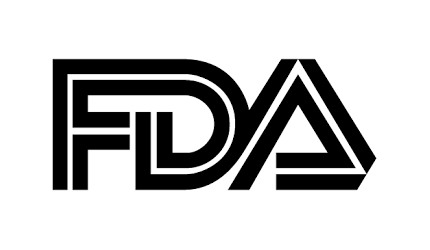
FDA Decreases REMS Changes Burden
Drugmakers can now make minor changes to drug safety assurance plans without waiting for FDA approval, reducing some of the burden of managing risk evaluation and mitigation strategies.
In draft guidance released last week, the FDA defines three types of REMS changes — minor revisions, minor modifications and major modifications — and explains the process by which pharma companies can make these changes as well as timelines for the agency’s responses.
The law allowing the new classifications, the 2012 FDA Safety and Innovation Act, has been on the books for more than two-and-a-half years, but drugmakers haven’t been able to take advantage of the policy due to the lack of FDA guidance.
Minor revisions, the lowest classification, include editorial changes, typo corrections and changes to the application holder's name or address. Such changes, which won’t affect the risk message or other requirements, should be submitted to the agency and documented in the next REMS annual report required for the drug, the FDA says. Other examples of minor revisions include changing a drug name or changing the signatory for a Dear Health Care Provider Letter that is part of the REMS communication plan materials.
Minor revisions may be implemented on receipt by the FDA, the guidance notes.
For minor modifications — changes that could alter the risk message or REMS requirements, but in an insignificant way — drugmakers should submit a Changes Being Effected-30 supplement.
Examples include expanding the postmarket safety study enrollment process to include online registration or adding an approved new dosage form to the REMS document or appended materials. The FDA must act on minor modifications within 60 days, although the sponsor may implement the changes 30 days after the FDA receives the request.
Major modifications are ones that may have a notable effect on the risk message or significantly change the REMS requirements, such as changes to a REMS goal or timetable, the addition or removal of a prescriber education tool, or changes to the patient population based on a new indication, the agency says. The FDA will act on major modifications within 180 days of receipt.
Submissions for revisions and both types of modifications should describe the changes and give the reason they were initiated. The FDA also recommends that sponsors provide a history with all changes made to the REMS since its approval.
Comments on Risk Evaluation and Mitigation Strategies: Modifications and Revisions are due June 6 to Docket No. FDA-2014-D-1747. The guidance is available at www.fdanews.com/04-06-15-REMS.pdf. — April Hollis
